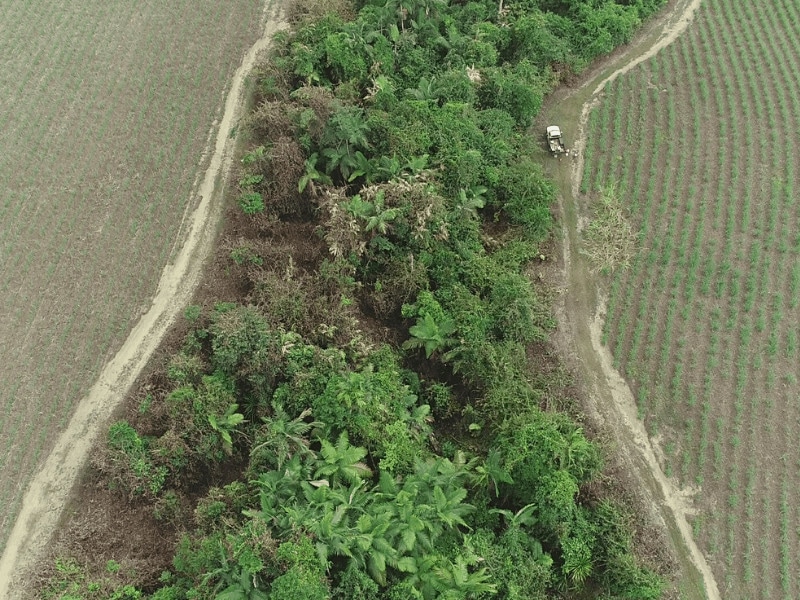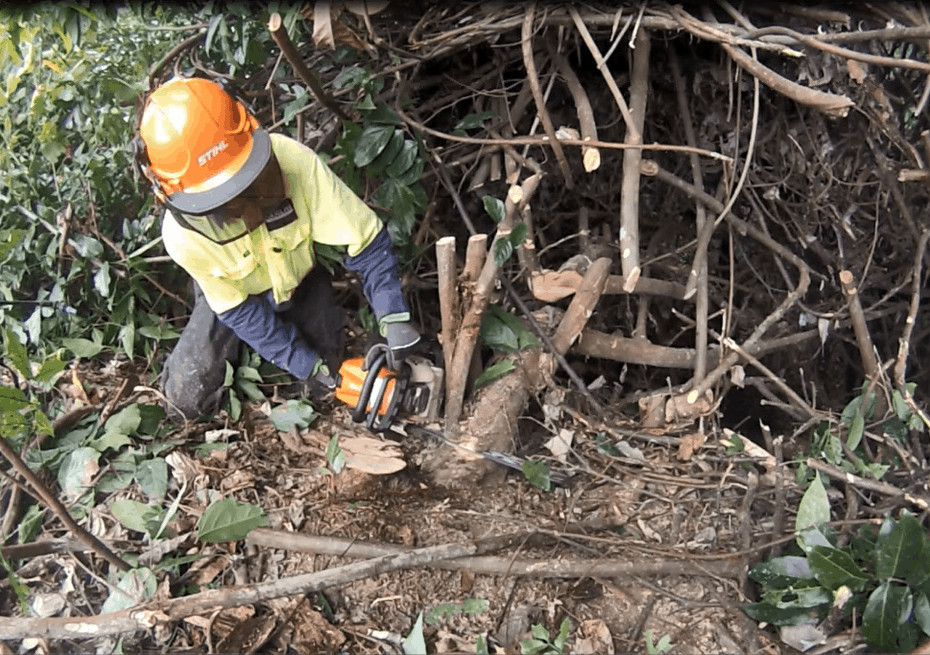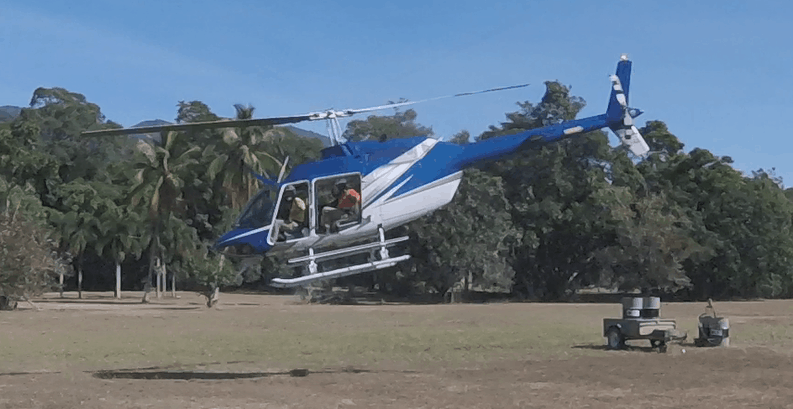Biosecurity remains a huge focus of Douglas Shire Council with updated plans and strategies in place to reduce the impact of pests and weeds in the region.
The updated Biosecurity Management Plan and Invasive Plants and Animals Surveillance Program was adopted at a recent Ordinary Meeting.
The plan provides strategic direction for the management of invasive biosecurity matter and other priority pests while a robust surveillance program provides necessary authorisation to implement the outcomes.
A key project under Council’s Biosecurity Plan Council is the Hiptage Eradication Program, a plant known to smother native vegetation forming impenetrable thickets along the banks of creeks and rivers.
The Hiptage eradication project is funded by the Queensland Government’s Natural Resources Investment Program through Terrain NRM.
Grant money of $180,000 was awarded to Douglas Shire Council for a four-year period through Terrain’s ‘Native Vegetation – Many Hands Make Light Work’ project.
Council’s Biosecurity Team have been working deep in the Tara Hills area treating a large area along two creek systems, surrounded by cane paddocks.
Douglas Shire Mayor Julia Leu said Council’s Biosecurity Plan and Surveillance Programs were important in reducing the risk on our iconic World Heritage Areas and strong agricultural areas.
“Given that biosecurity risks directly threaten biodiversity, agriculture and social amenity on a very large scale, Council has a responsibility to understand and mitigate the impacts of weeds and pest animals,” she said.
“Implementation of the Douglas Shire Biosecurity Management Plan and the Douglas Shire Council Invasive Plants and Animals Surveillance Program will provide a timely and effective response to protect our economy, environment and community.”




